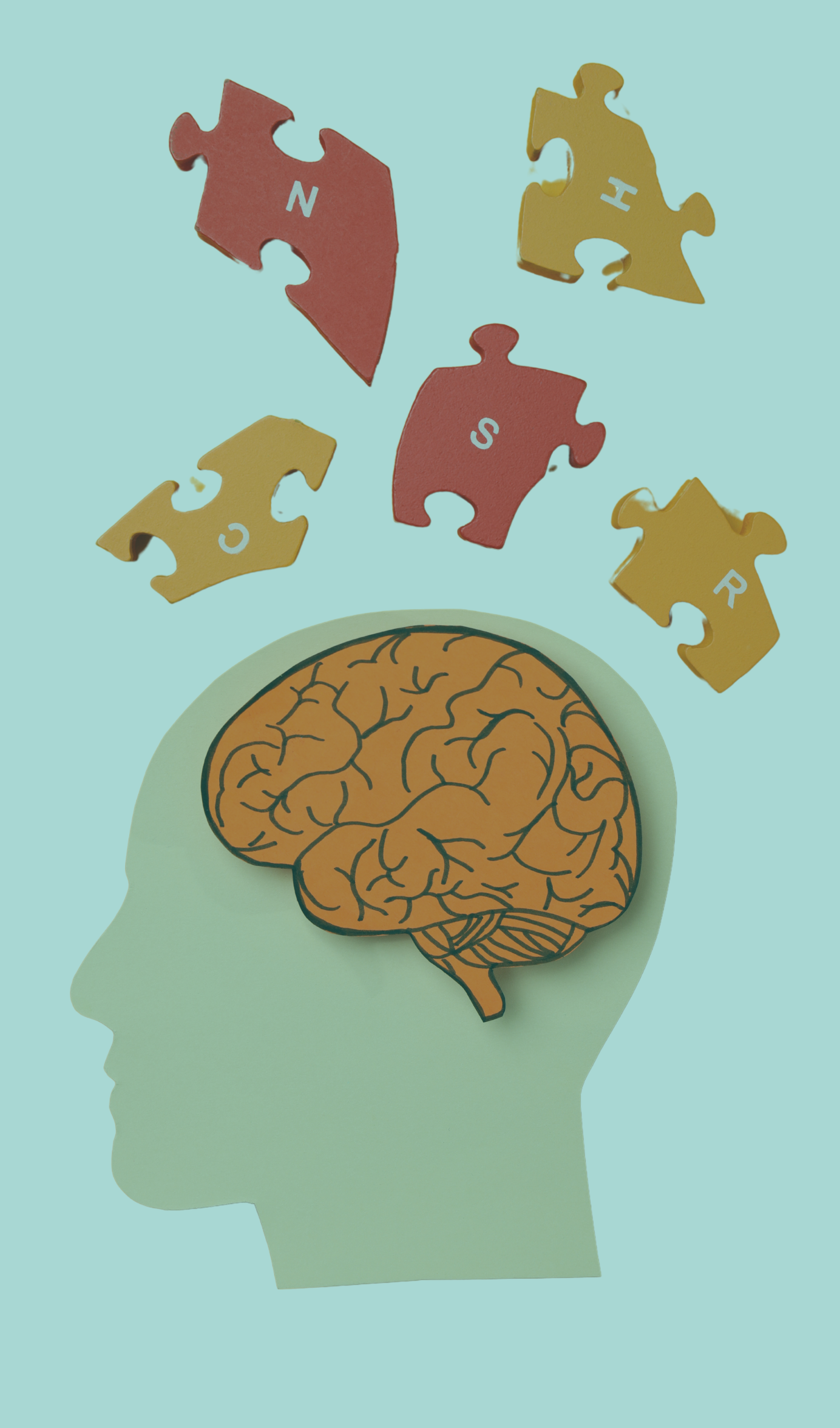Advanced Dementia & Other Memory Disorders Clinic
Welcome to the Dementia & Other Memory Disorders Clinic at Neuro Foundation Hospital
The Dementia & Other Memory Disorders Clinic specializes in the diagnosis, treatment, and management of cognitive disorders, with a focus on dementia and other memory-related conditions. Our dedicated team provides compassionate, patient-centered care to enhance quality of life and support individuals and families affected by cognitive decline.
Why choose Our Dementia & Other Memory Disorders Clinic?
1. Expertise in Cognitive Disorders:
Our clinic offers comprehensive care for a range of cognitive and memory disorders, including:
Alzheimer’s Disease:
- A progressive neurological disorder characterized by memory loss, confusion, and cognitive decline.
Vascular Dementia:
- Cognitive impairment caused by reduced blood flow to the brain due to stroke or other vascular conditions.
Lewy Body Dementia:
- A type of progressive dementia with symptoms such as fluctuating cognition, visual hallucinations, and Parkinsonism.
Frontotemporal Dementia (FTD):
- A group of disorders affecting the frontal and temporal lobes of the brain, leading to changes in behavior, language, and personality.
Mild Cognitive Impairment (MCI):
- A stage between normal aging and dementia, where individuals experience noticeable memory problems but can still perform daily activities.
2. Comprehensive Diagnostic Evaluation:
We use advanced diagnostic tools to accurately assess and diagnose memory and cognitive disorders:
Neuropsychological Testing:
- Detailed assessments to evaluate cognitive function, memory, and executive abilities.
Neuroimaging:
- MRI and CT scans to identify structural changes in the brain associated with cognitive decline.
Biomarkers:
- Analysis of cerebrospinal fluid (CSF) and blood tests to identify biomarkers associated with dementia.
Clinical Assessments:
- Thorough evaluations by neurologists and geriatricians to diagnose and differentiate between various cognitive disorders.
3. Personalized Treatment Plans:
Our team develops tailored treatment strategies to address the unique needs of each patient:
Medication Management:
- Prescribing and monitoring medications to manage symptoms and slow the progression of cognitive disorders.
Cognitive Rehabilitation:
- Therapy to improve cognitive function and daily living skills through targeted exercises and interventions.
Behavioral and Psychological Interventions:
- Strategies to manage behavioral symptoms, mood changes, and psychological aspects of dementia.
Supportive Care:
- Providing education, counseling, and support for patients and their families to navigate the challenges of memory disorders.
4. Multidisciplinary Care Team:
Our Dementia & Other Memory Disorders Clinic is supported by a team of specialists providing comprehensive care:
Neurologists:
- Experts in diagnosing and treating cognitive and memory disorders.
Geriatricians:
- Specialists in managing age-related conditions and coordinating care for older adults.
Neuropsychologists:
- Professionals conducting detailed assessments and providing cognitive rehabilitation.
Social Workers and Counselors:
- Offering support, education, and resources for patients and families.
5. Supportive Services and Resources:
We offer a range of services to support patients and families:
Caregiver Support:
- Resources and training for caregivers to manage daily care and cope with the challenges of supporting a loved one with dementia.
Support Groups:
- Opportunities for patients and families to connect with others facing similar experiences.
Educational Workshops:
- Informative sessions on dementia care, management strategies, and available resources.
Common Conditions Treated:
- Alzheimer’s Disease
- Vascular Dementia
- Lewy Body Dementia
- Frontotemporal Dementia
- Mild Cognitive Impairment (MCI)
Basic FAQs

